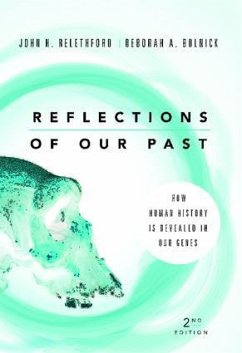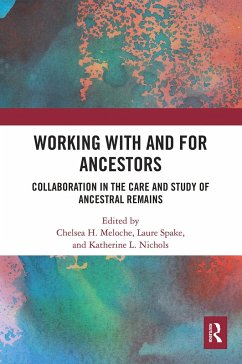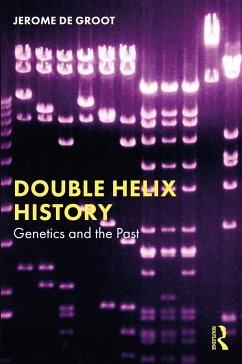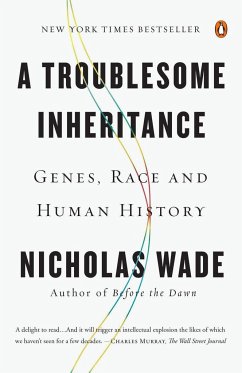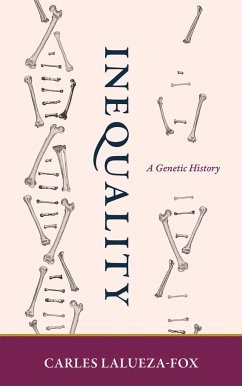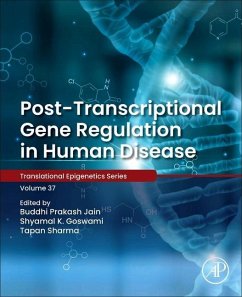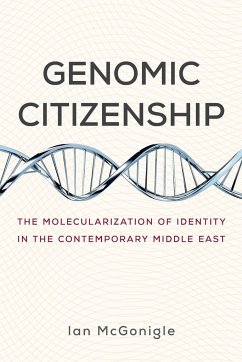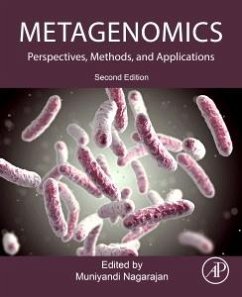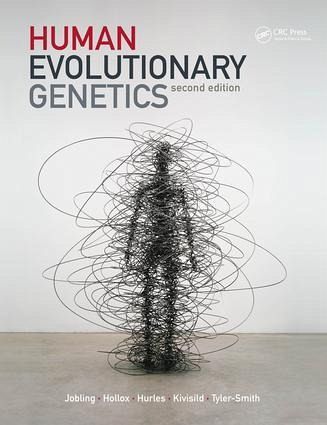
Human Evolutionary Genetics
Versandkostenfrei!
Versandfertig in 2-4 Wochen
122,99 €
inkl. MwSt.
Weitere Ausgaben:

PAYBACK Punkte
61 °P sammeln!
Now in full-color, the Second Edition of Human Evolutionary Genetics has been completely revised to cover the rapid advances in the field since publication of the highly regarded First Edition. Written for upper-level undergraduate and graduate students, it is the only textbook to integrate genetic, archaeological, and linguistic perspectives on human evolution, and to offer a genomic perspective, reflecting the shift from studies of specific regions of the genome towards comprehensive genomewide analyses of human genetic diversity. Human Evolutionary Genetics is suitable for courses in Geneti...
Now in full-color, the Second Edition of Human Evolutionary Genetics has been completely revised to cover the rapid advances in the field since publication of the highly regarded First Edition. Written for upper-level undergraduate and graduate students, it is the only textbook to integrate genetic, archaeological, and linguistic perspectives on human evolution, and to offer a genomic perspective, reflecting the shift from studies of specific regions of the genome towards comprehensive genomewide analyses of human genetic diversity. Human Evolutionary Genetics is suitable for courses in Genetics, Evolution, and Anthropology. Those readers with a background in anthropology will find that the streamlined genetic analysis material contained in the Second Edition is more accessible. The new edition also integrates new technologies (including next-generation sequencing and genome-wide SNP typing) and new data analysis methods, including recent data on ancient genomes and their impact on our understanding of human evolution. The book also examines the subject of personal genomics and its implications.




